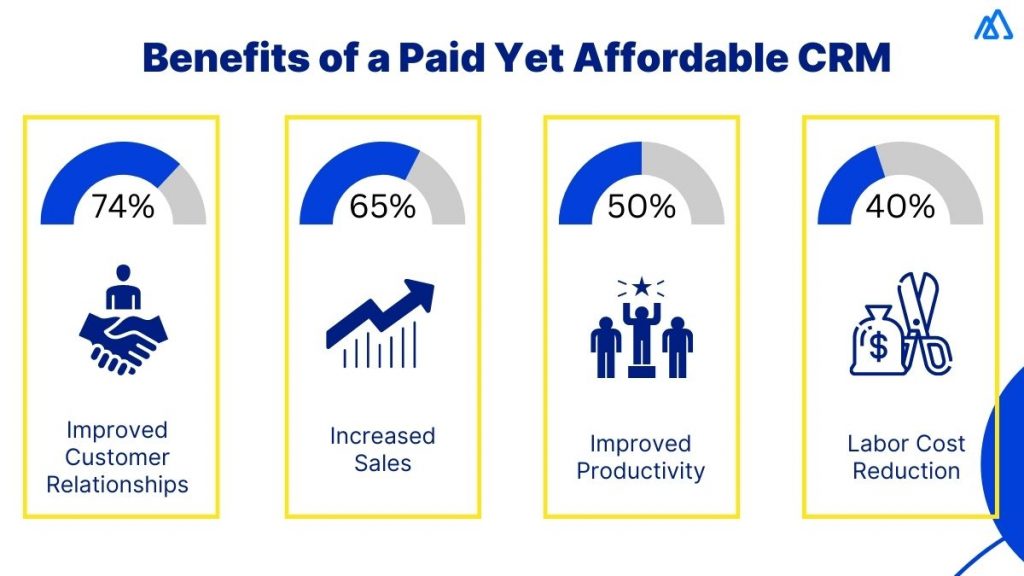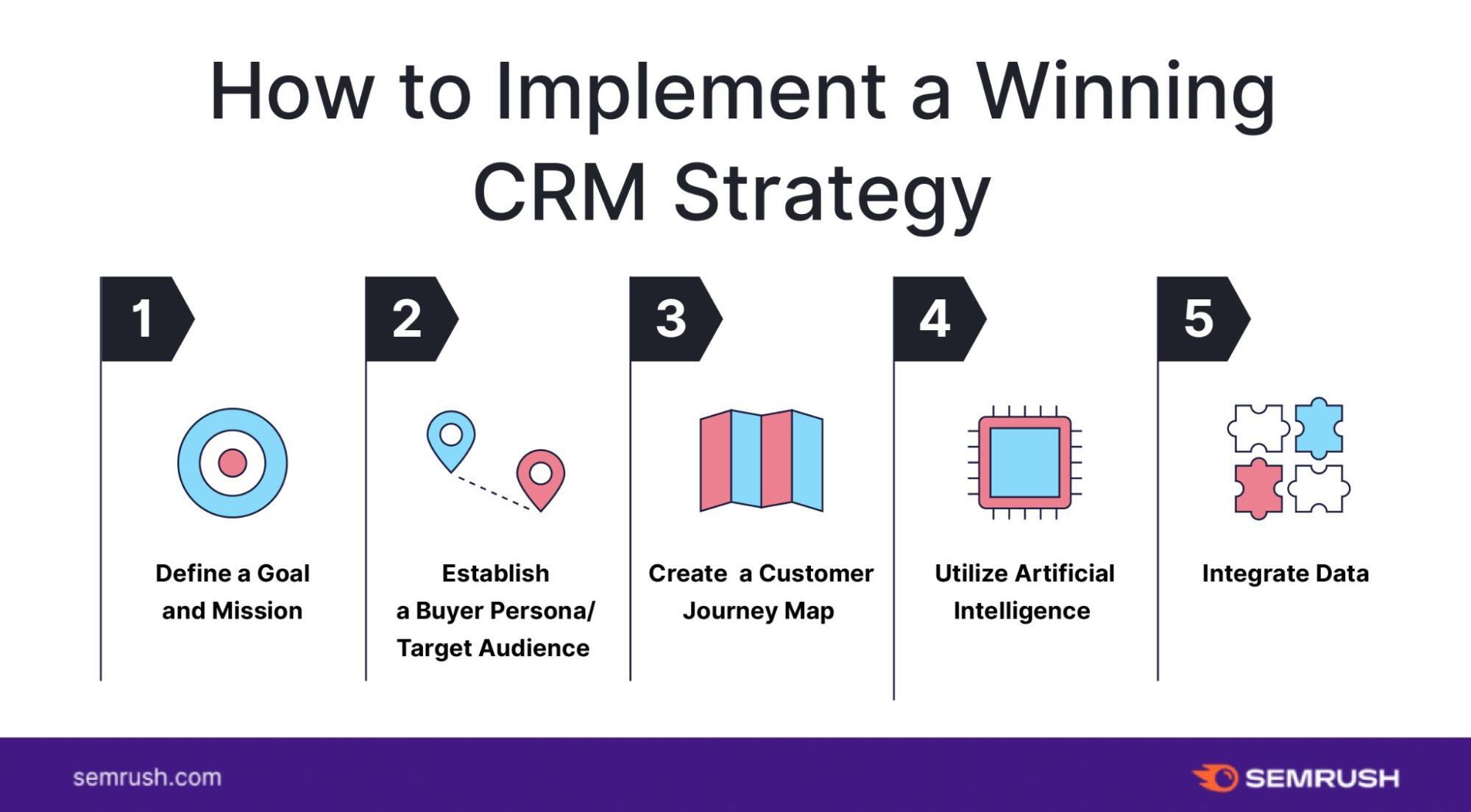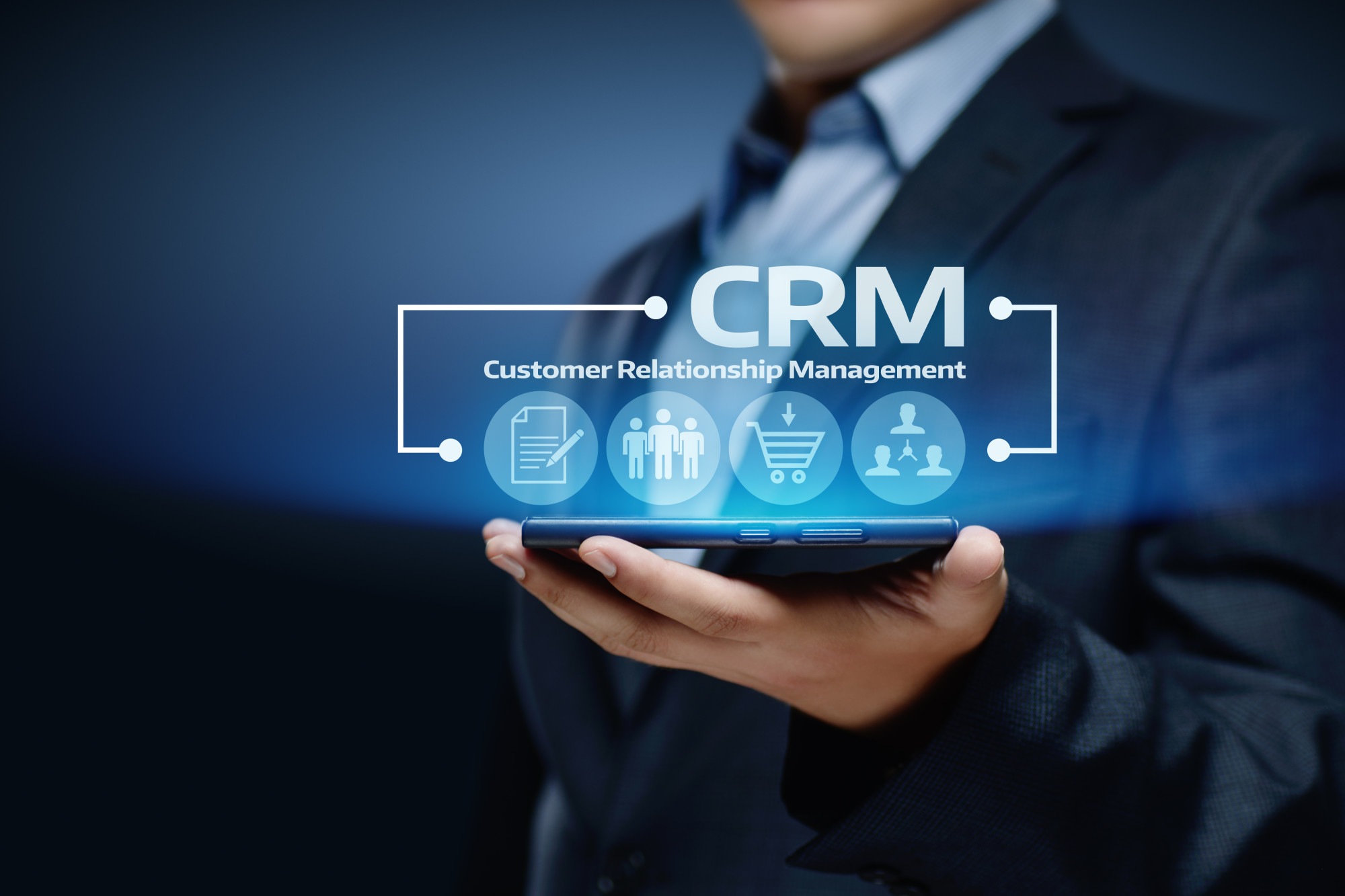CRM for Small Business Owners: Your Ultimate Guide to Customer Relationship Management

CRM for Small Business Owners: Your Ultimate Guide to Customer Relationship Management
So, you’re a small business owner. You’re juggling a million things – from product development and marketing to accounting and, well, everything else. And somewhere in the middle of all that chaos, you know you need to build relationships with your customers. After all, happy customers are the lifeblood of any successful business. But how do you manage all those interactions, track leads, and ensure no one falls through the cracks? The answer, my friend, is Customer Relationship Management (CRM) software.
This comprehensive guide is designed to be your go-to resource for understanding CRM and how it can transform your small business. We’ll delve into the nitty-gritty, exploring what CRM is, why it’s essential, and how to choose the right CRM system for your specific needs. We’ll also look at some of the best CRM solutions available, along with practical tips and tricks to help you get started and maximize your investment.
What is CRM? Decoding the Jargon
Let’s start with the basics. CRM, or Customer Relationship Management, is a technology that helps businesses manage and analyze customer interactions and data throughout the customer lifecycle. It’s more than just a software; it’s a strategy, a philosophy, a way of doing business that puts the customer at the center of everything.
Think of it as a central hub where you store all the information about your customers: their contact details, purchase history, communication history, and any other relevant information. This single source of truth empowers you to understand your customers better, personalize your interactions, and ultimately, build stronger, more profitable relationships.
CRM systems typically encompass a range of features, including:
- Contact Management: Storing and organizing customer contact information.
- Lead Management: Tracking and nurturing potential customers.
- Sales Automation: Automating sales processes, such as follow-up emails and task reminders.
- Marketing Automation: Automating marketing campaigns and personalized communication.
- Customer Service: Managing customer support requests and resolving issues.
- Reporting and Analytics: Providing insights into customer behavior and business performance.
In essence, CRM is about streamlining your customer-facing processes, improving communication, and making data-driven decisions to drive growth.
Why CRM is a Game-Changer for Small Businesses
You might be thinking, “CRM sounds great, but is it really necessary for my small business?” The answer is a resounding YES! Here’s why:
- Improved Customer Relationships: CRM allows you to personalize your interactions and provide a more consistent and positive customer experience. By having all customer information in one place, you can tailor your communication to their specific needs and preferences.
- Increased Sales: CRM helps you identify and nurture leads, track sales opportunities, and close deals more efficiently. You can automate repetitive tasks, such as sending follow-up emails, freeing up your time to focus on closing deals.
- Enhanced Customer Service: CRM provides a centralized platform for managing customer support requests. You can track issues, resolve them quickly, and ensure that your customers are satisfied.
- Better Data Analysis: CRM provides valuable insights into customer behavior and business performance. You can track sales trends, identify areas for improvement, and make data-driven decisions to drive growth.
- Improved Efficiency: CRM automates many of the tasks that would otherwise consume valuable time. This allows your team to focus on more strategic initiatives, such as building relationships and generating revenue.
- Scalability: As your business grows, your CRM system can grow with you. It provides a solid foundation for managing your customer relationships and scaling your operations.
In a nutshell, CRM empowers small businesses to work smarter, not harder. It helps you build stronger customer relationships, drive sales, improve customer service, and make data-driven decisions – all of which contribute to long-term success.
Choosing the Right CRM for Your Small Business: A Step-by-Step Guide
The CRM landscape is vast and varied. Selecting the right system can feel overwhelming. But don’t worry, we’re here to guide you through the process. Here’s a step-by-step approach to help you choose the perfect CRM for your small business:
- Define Your Needs and Goals: Before you start shopping, take some time to assess your current customer relationship management practices. What are your pain points? What are your goals for implementing a CRM system? Do you want to improve sales, customer service, or marketing? Identifying your needs and goals will help you narrow down your options.
- Determine Your Budget: CRM systems come in a variety of price points, from free to enterprise-level solutions. Determine how much you’re willing to spend on a CRM system. Consider the cost of the software itself, as well as the cost of implementation, training, and ongoing support.
- Assess Your Technical Skills: Some CRM systems are easier to use than others. Consider your team’s technical skills and choose a system that is user-friendly and easy to navigate. If you don’t have a dedicated IT staff, you may want to opt for a cloud-based CRM system that doesn’t require any special hardware or software installations.
- Research CRM Providers: Once you’ve defined your needs, goals, budget, and technical skills, it’s time to research CRM providers. Read reviews, compare features, and compare pricing. Consider the size of your business and the specific needs of your industry.
- Evaluate Key Features: Make a list of the features that are most important to your business. Some key features to consider include:
- Contact Management: Can you easily store and organize customer contact information?
- Lead Management: Does the system help you track and nurture leads?
- Sales Automation: Can you automate sales processes, such as sending follow-up emails?
- Marketing Automation: Does the system offer marketing automation features, such as email marketing?
- Customer Service: Does the system provide customer service features, such as ticket management?
- Reporting and Analytics: Does the system provide insights into customer behavior and business performance?
- Integrations: Does the system integrate with other tools you use, such as email marketing platforms or accounting software?
- Consider Scalability: Choose a CRM system that can scale with your business. As your business grows, you’ll want a system that can accommodate your increasing needs.
- Try Before You Buy: Most CRM providers offer free trials or demos. Take advantage of these opportunities to test out different systems and see which one best fits your needs.
- Get Feedback from Your Team: Involve your team in the decision-making process. Get their feedback on the different CRM systems you’re considering. They will be the ones using the system, so their input is valuable.
- Implement and Train: Once you’ve chosen a CRM system, take the time to implement it properly. Train your team on how to use the system and provide ongoing support.
By following these steps, you can choose the right CRM system for your small business and set yourself up for success.
Top CRM Systems for Small Businesses: A Comparative Look
Now that you know how to choose a CRM, let’s look at some of the top CRM systems for small businesses. We’ll examine their features, pricing, and target audience to help you find the perfect fit.
1. HubSpot CRM
Overview: HubSpot CRM is a free, all-in-one CRM platform that’s ideal for small businesses. It offers a wide range of features, including contact management, lead management, sales automation, and marketing automation. It’s known for its user-friendly interface and ease of use.
Key Features:
- Free forever plan.
- Contact management.
- Deal tracking.
- Email marketing.
- Live chat.
- Reporting and analytics.
- Integrations with other tools.
Pricing: Free plan available. Paid plans start at a reasonable price point with increased functionality.
Ideal for: Startups and small businesses looking for a free or low-cost CRM solution with a comprehensive feature set.
2. Zoho CRM
Overview: Zoho CRM is a feature-rich CRM system that’s designed for businesses of all sizes. It offers a wide range of features, including sales automation, marketing automation, and customer service. It’s known for its customizability and affordability.
Key Features:
- Contact management.
- Lead management.
- Sales automation.
- Marketing automation.
- Customer service.
- Reporting and analytics.
- Customization options.
- Integrations with other tools.
Pricing: Offers a free plan for up to 3 users. Paid plans are competitively priced and offer a range of features based on your needs.
Ideal for: Small to medium-sized businesses looking for a customizable and affordable CRM system with a comprehensive feature set.
3. Pipedrive
Overview: Pipedrive is a sales-focused CRM system that’s designed to help sales teams close deals. It’s known for its user-friendly interface and pipeline management features.
Key Features:
- Pipeline management.
- Contact management.
- Deal tracking.
- Sales automation.
- Reporting and analytics.
- Integrations with other tools.
Pricing: Offers a free trial. Paid plans are competitively priced and designed for sales teams.
Ideal for: Sales teams and businesses that want a CRM system focused on pipeline management and sales automation.
4. Freshsales
Overview: Freshsales is a sales-focused CRM system that’s part of the Freshworks suite of products. It’s known for its user-friendly interface, robust features, and affordability.
Key Features:
- Contact management.
- Lead management.
- Sales automation.
- Email tracking.
- Phone integration.
- Reporting and analytics.
- Integrations with other tools.
Pricing: Offers a free plan. Paid plans are competitively priced and offer a range of features.
Ideal for: Small to medium-sized businesses looking for a sales-focused CRM system with a user-friendly interface and robust features.
5. Salesforce Essentials
Overview: Salesforce Essentials is a simplified version of Salesforce CRM designed for small businesses. It offers a wide range of features, including sales and customer service tools.
Key Features:
- Contact management.
- Lead management.
- Sales automation.
- Customer service.
- Reporting and analytics.
- Integrations with other tools.
Pricing: Paid plans are available.
Ideal for: Small businesses looking for a robust CRM system with a strong focus on sales and customer service. Salesforce Essentials is a good entry point to the Salesforce ecosystem.
This is just a sampling of the many CRM systems available. Be sure to research different providers and compare their features and pricing to find the perfect fit for your small business.
Tips and Tricks for CRM Success
Choosing the right CRM is just the first step. To truly reap the benefits of CRM, you need to implement it effectively. Here are some tips and tricks to help you maximize your CRM investment:
- Get Buy-In from Your Team: The success of your CRM implementation depends on the support and adoption of your team. Involve them in the decision-making process, provide training, and encourage them to use the system.
- Clean Your Data: Before you import your data into your CRM system, take the time to clean it up. Remove duplicate contacts, correct errors, and ensure that your data is accurate and consistent.
- Customize Your CRM: Don’t be afraid to customize your CRM system to meet your specific needs. Add custom fields, create custom workflows, and integrate your CRM with other tools you use.
- Set Up Automated Workflows: Automate repetitive tasks, such as sending follow-up emails and creating tasks for your team. This will free up your time to focus on more strategic initiatives.
- Track Your Progress: Use the reporting and analytics features of your CRM system to track your progress. Monitor key metrics, such as sales, customer satisfaction, and customer retention.
- Provide Ongoing Training: CRM systems are constantly evolving. Provide ongoing training to your team to ensure they are up-to-date on the latest features and best practices.
- Integrate with Other Tools: Integrate your CRM system with other tools you use, such as email marketing platforms, accounting software, and social media platforms. This will help you streamline your workflows and improve your overall efficiency.
- Focus on Data Security: Implement security measures to protect your customer data. Use strong passwords, enable two-factor authentication, and regularly back up your data.
- Regularly Review and Optimize: CRM is not a set-it-and-forget-it tool. Regularly review your CRM system and make adjustments as needed. Optimize your workflows, customize your reports, and ensure that your CRM is meeting your evolving needs.
By following these tips and tricks, you can increase the likelihood of a successful CRM implementation and maximize your investment.
Overcoming Common CRM Challenges
While CRM offers numerous benefits, it’s not without its challenges. Here are some common obstacles and how to overcome them:
- Poor Data Quality: Garbage in, garbage out. If your data is inaccurate or incomplete, your CRM system will be ineffective. Address this by implementing data cleansing processes, enforcing data entry standards, and regularly auditing your data.
- Lack of User Adoption: If your team doesn’t use the CRM system, it won’t be effective. Ensure user adoption by providing comprehensive training, demonstrating the value of the system, and making it easy to use.
- Integration Issues: Integrating your CRM with other systems can be complex. Choose a CRM that integrates seamlessly with your existing tools, and work with a qualified IT professional if needed.
- Lack of Clear Strategy: Without a clear strategy, your CRM implementation will likely fail. Define your goals, identify your key metrics, and create a detailed implementation plan.
- Cost Concerns: CRM systems can be expensive. Choose a system that fits your budget, and consider the long-term return on investment. Explore free or low-cost options if budget is a major constraint.
- Resistance to Change: Some team members may resist adopting a new system. Address this by communicating the benefits of CRM, providing adequate training, and addressing any concerns.
By proactively addressing these challenges, you can increase your chances of CRM success.
The Future of CRM for Small Businesses
The CRM landscape is constantly evolving. Here are some trends to watch out for:
- Artificial Intelligence (AI): AI is playing an increasingly important role in CRM, automating tasks, providing insights, and personalizing customer interactions. Expect to see more AI-powered features in CRM systems.
- Mobile CRM: With the rise of mobile devices, mobile CRM is becoming increasingly important. Look for CRM systems that offer robust mobile apps.
- Personalized Customer Experiences: Customers expect personalized experiences. CRM systems will continue to evolve to provide more personalized interactions.
- Integration with Social Media: Social media is an important channel for customer engagement. CRM systems will continue to integrate with social media platforms.
- Focus on Data Privacy: Data privacy is becoming increasingly important. CRM systems will need to comply with data privacy regulations, such as GDPR and CCPA.
Staying ahead of these trends will help you leverage CRM to its full potential.
Conclusion: Embrace CRM and Propel Your Small Business Forward
Implementing a CRM system is a significant step towards building stronger customer relationships, driving sales, and achieving long-term success for your small business. By understanding what CRM is, choosing the right system, and implementing it effectively, you can transform your customer interactions and unlock the full potential of your business.
Remember, CRM is not just about technology; it’s about a customer-centric approach to business. It’s about putting your customers first and building relationships that last. So, take the plunge, invest in CRM, and watch your small business flourish.
The journey may have its challenges, but the rewards – increased sales, improved customer satisfaction, and a more efficient business – are well worth the effort. Embrace the power of CRM and watch your small business thrive.



